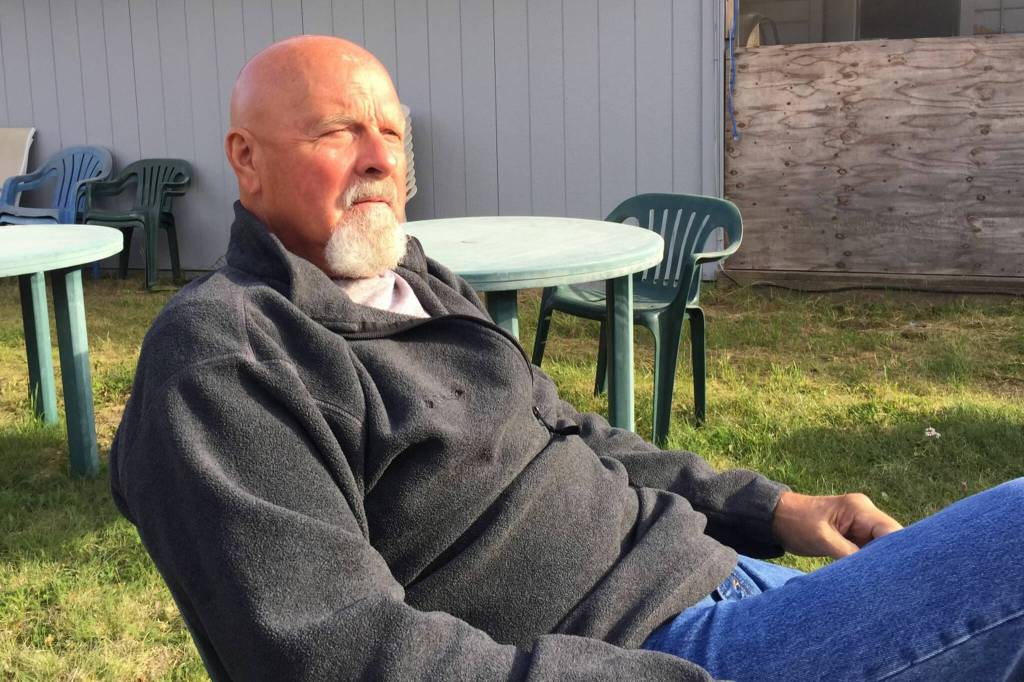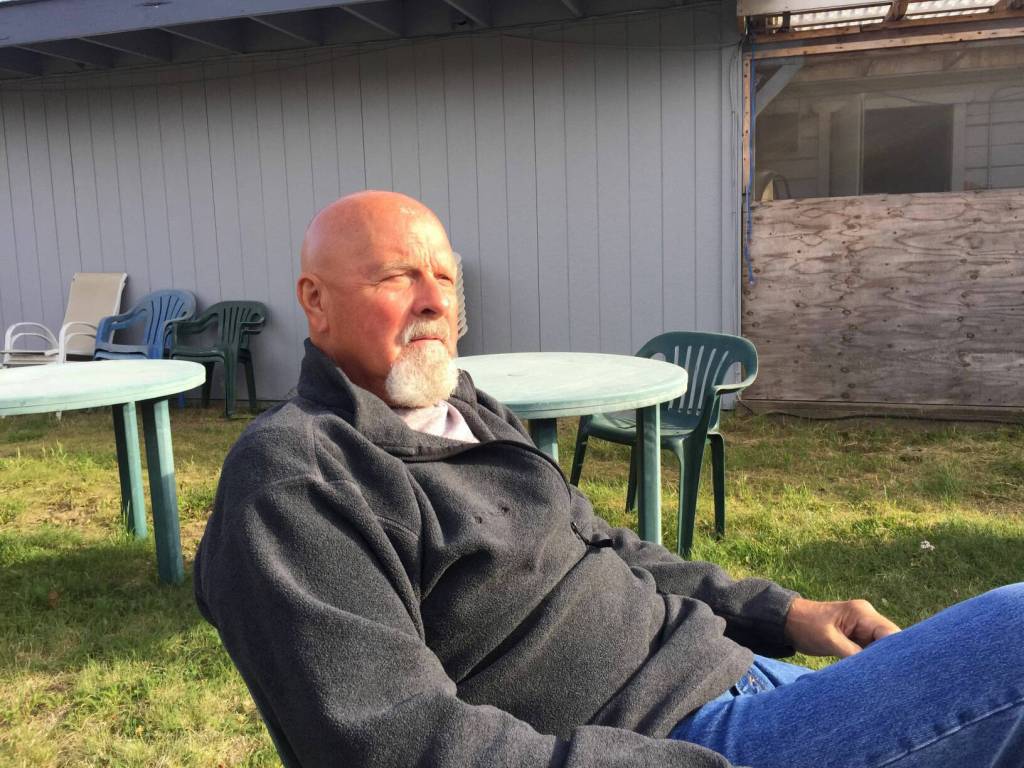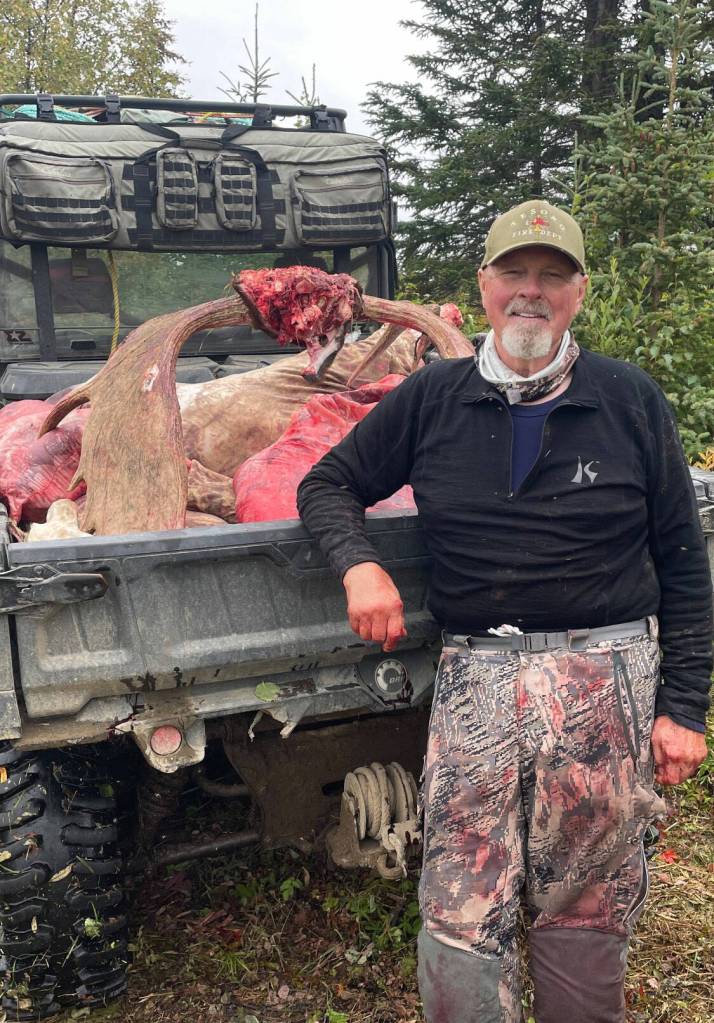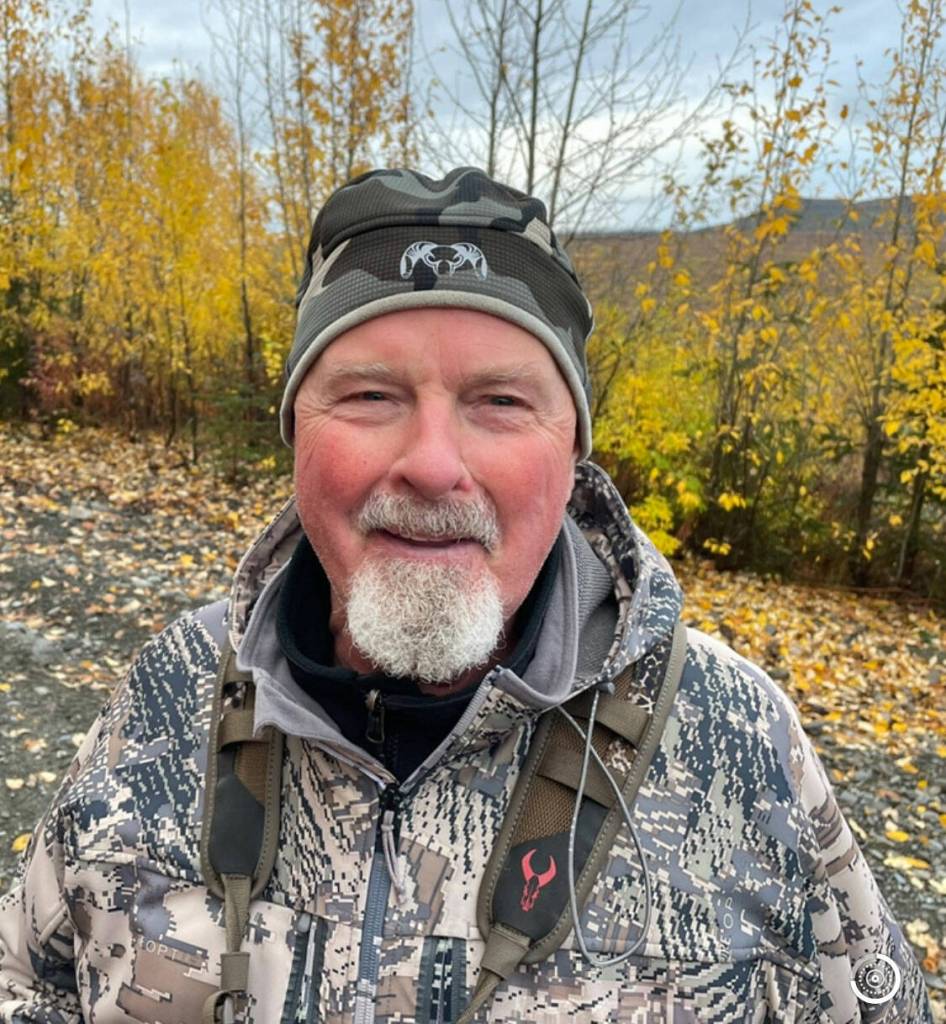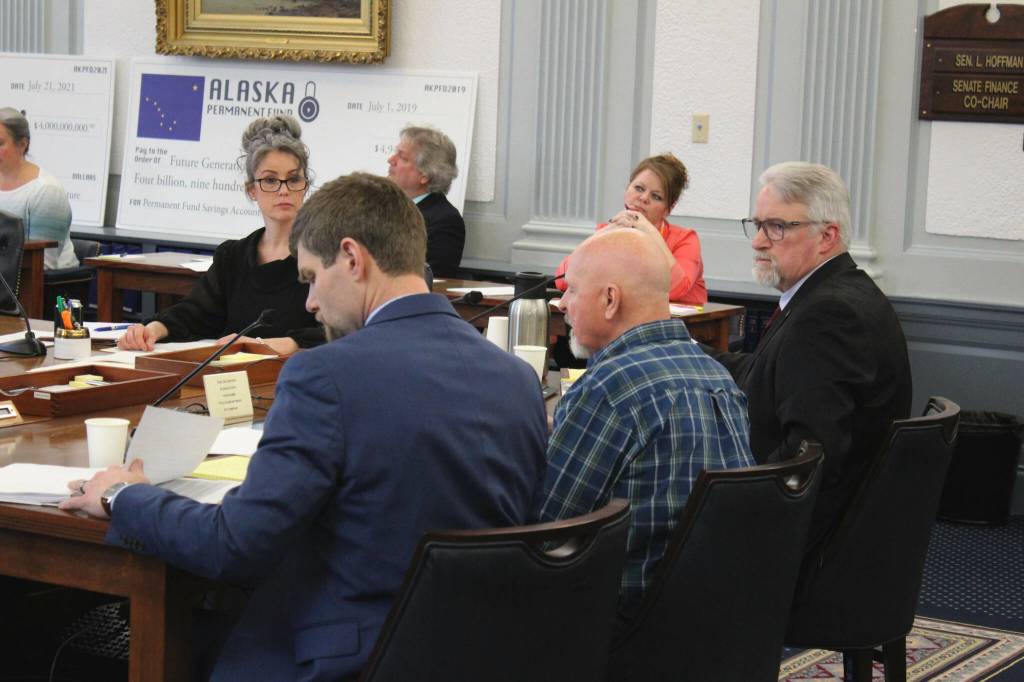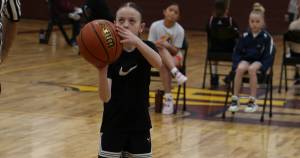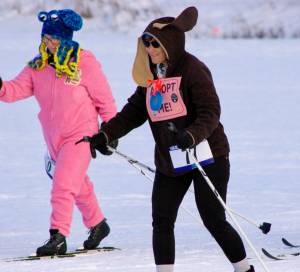‘You can’t be a fisherman if you’re not an optimist’
Published 9:30 pm Wednesday, May 29, 2024





Ken Coleman, the vice president of the Kenai Peninsula Fishermen’s Association and longtime advocate for the east side setnet fishery, died recently at the age of 72. His friends remember him as a hardworking man who was resolute in his convictions and who worked to make Alaska better through his final days.
Gary Hollier, a longtime commercial fisher in the ESSN, said last week that he met Coleman in high school and counted him as a friend for more than 50 years. The two entered the setnet fishery at the same time and raised their families on their fishing sites. Hollier described Coleman as the “ultimate professional” — whether the fishing was good or not, he always was geared up and ready. Coleman passed those values to his children.
In addition to his time fishing and advocating for the fishery, Hollier said Coleman spent decades working as part of the Teamsters Local 959, starting in 1969. Coleman’s career with the union culminated with the role of secretary-treasurer, and Hollier said he was gifted with the ability to understand and communicate with labor and management to find common ground.
Coleman also found place and meaning in the Caribou Hills Cabin Hoppers, Hollier said, where he continued to spend his time and energy making a difference for other people by grooming trails.
“He tried making a change, for everybody, whatever he did,” Hollier said. “Kenny Coleman did a lot more to better this community than I ever have.”
Andy Hall, president of the fishermen’s association, said he met Coleman in 2012. They spent time working together on “a fishing crisis,” and then Coleman came to him with a proposition — if Hall would be president, Coleman would serve as his vice president.
That arrangement was still in effect when Coleman passed — but Hall said “Ken did most of the work.”
Coleman had been a leader in the fishery since the late 1970s, Hall said, basically from the time he entered it. He was “the heart and soul of the setnet fishery,” Hall said. Coleman knew everyone, understood it from top to bottom, and never stopped working to make it better.
“I don’t know if we’ll ever find anybody like Coleman again,” he said.
Tim Keener, another longtime commercial fisher, also met Coleman in high school, and the two fished side by side down Kalifornsky Beach Road. They went through tough times together, Keener said, but always remained connected and were part of one another’s families. The beauty of a small town, he said, is the opportunity to grow so close to another person.
“He was like my big brother,” Keener said.
Keener said Coleman had a distinct sense of right and wrong — something he always admired. He said Coleman always wanted to help people, that he was a proud family man and an “unbeatable friend” — “the world was a better place with him in it.”
All three men said that until the day he died, Coleman was tirelessly working on solutions for the ESSN, which has been heavily restricted and even closed entirely in recent years due to low abundance of king salmon, which is not the fishery’s target species. In 2022, the last time the fishery was allowed to operate — under heavy restrictions — only 33 large king salmon were harvested, Hall said.
Hollier, Hall and Keener each described phone calls from Coleman, shortly before his passing, where he excitedly talked about how they were going to see relief for the fishery or expressed his frustration at seeing an older fisherwoman working at a fast food restaurant.
Fishers from the ESSN, including Coleman, have sought and proposed a variety of solutions, including the use of shallower nets and other restrictions on time and gear, to see opportunity. The State Board of Fisheries earlier this year integrated some of their proposals into a new king salmon action plan, but upheld restrictions based on king salmon abundance to a level that will continue to see the fishery closed — a new limited opportunity using dipnets on commercial fishing sites offered little consolation.
Similarly, Coleman spent roughly the last decade working toward a legislative solution that would have established a program for buying commercial fishers in the ESSN out of their permits. That bill has been considered in the State Legislature in some form for each of the last seven years, long championed by former Sen. Peter Micciche.
In February, it was heard as Senate Bill 82, sponsored by Sen. Jesse Bjorkman, R-Nikiski, when Coleman traveled to Juneau to speak on its behalf. The bill was never put up for a vote.
Hall said that if it had gone to vote, they would have the votes to see it pass, but the Senate Finance Committee prevented that from happening.
Though he never stopped working toward a solution, Hall said, Coleman struggled with the results of this year’s Board of Fisheries meeting and State Legislature.
“Going through an injustice like that is hard,” Hall said. “He knew he was doing the right thing for the fishery and for the state.”
Coleman’s passing, Keener said, only makes the things he fought for more important. Keener said that in recent years he had stepped back from the association, but that now he’s “more determined than ever to get this done.”
The buyback would have significantly reduced the size of the fleet, resulting in a smaller footprint that can hopefully operate and make something for their families. Keener said buying back permits allows people to exit with “dignity,” after decades or more of investment — some sites can trace their legacy in the fishery back over a century.
Hollier said that the buyback bill never required significant investment from the state, instead it sought funding from other sources. The lack of action by Senate Finance Committee, Hollier said, meant a fishery dominated by Alaska residents never saw the help it needed.
In February, speaking in Juneau, Coleman said the fishery was always fighting to “remain viable.” He said that they had and would continue to find “creative and solution-oriented ways to make sure that our fishermen have the opportunity for economic viability.”
“He believed in this fishery,” Hollier said. “He believed there was enough fish for everybody.”
Keener said that Coleman was “like any hardworking guy — and he would stand up for his right to be that.”
“He’s always going to be a part of me.”
Coleman never stopped believing it was possible to solve the problems facing the fishery, Hall said. He was intelligent, compassionate, committed, and willing to sit down with people — difficult at times when “so much of this is personal.” He was tenacious and he was endlessly dedicated to the ESSN. Hall said the fishery will be hard-pressed to survive without him.
“You can’t be a fisherman if you’re not an optimist,” he said. “I think he was going to keep fighting — I don’t know what else would have stopped him, but this.”
Reach reporter Jake Dye at jacob.dye@cmg-northwest2.go-vip.net/peninsulaclarion.

